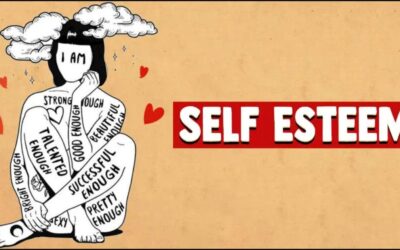Equality for All: Strategies to Promote Gender Equity and Social Progress

Gender equality, often conflated with biological sex, is a concept that encompasses the range of characteristics associated with femininity and masculinity. It’s about ensuring that individuals, regardless of their gender identity, have equal rights, opportunities, and treatment in society. This article explores the significance of gender equality in empowering communities and driving social progress.
Understanding Gender Equality
Gender equality is more than just a social issue; it's a fundamental human right. It entails treating men and women equally in all aspects of life, including education, employment, and decision-making processes. By addressing gender biases and stereotypes, societies can create a more inclusive and just environment for all individuals.
The Power of Education
An African proverb wisely states, "If you educate a boy, you train a man. If you educate a girl, you train a village." Education is a potent tool for breaking the cycles of gender inequality. By providing equal access to education, societies can empower girls and women to reach their full potential, thereby fostering economic growth and social development.
In many parts of the world, cultural norms and patriarchal systems perpetuate gender inequality. However, when societies prioritize gender equality, they unlock the full potential of both men and women. By promoting equal opportunities and dismantling discriminatory practices, communities can achieve better decision-making, problem-solving, and overall societal progress.
Recognizing Women’s Contributions
Despite facing mistreatment and discrimination, women have made significant contributions to society as doctors, scientists, leaders, and caregivers. Gender equality ensures that women receive equal recognition and compensation for their work, enabling them to provide better opportunities for themselves and their families.
Economic Empowerment
Gender equality is not just a moral imperative; it's also an economic necessity. By closing the gender pay gap and promoting women's participation in the workforce, societies can boost economic productivity and improve development outcomes for future generations. Additionally, gender equality fosters more representative and inclusive institutions and policies.
Gender equality is not a distant ideal; it’s a fundamental right that benefits individuals, families, and societies as a whole. By prioritizing gender equality, communities can create a more equitable and prosperous world where everyone has the opportunity to thrive.
Frequently Asked Questions (FAQs)
Gender equality refers to the equal treatment of individuals regardless of their gender identity. It is crucial because it promotes fairness, economic growth, and social progress.
Education empowers individuals, especially girls and women, by providing them with the knowledge and skills to pursue their goals and contribute to society.
Cultural norms, patriarchal systems, and discriminatory practices are significant barriers to achieving gender equality in many societies.
Gender equality boosts economic productivity by ensuring that all individuals have equal access to opportunities and resources, thereby driving innovation and growth.
Individuals and organizations can advocate for policy changes, support initiatives that promote gender equality, and challenge discriminatory attitudes and behaviors in their communities.











